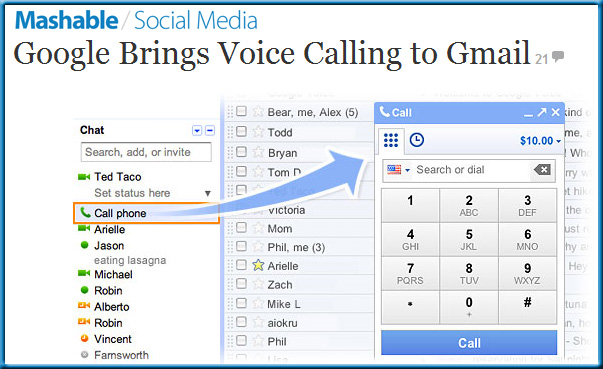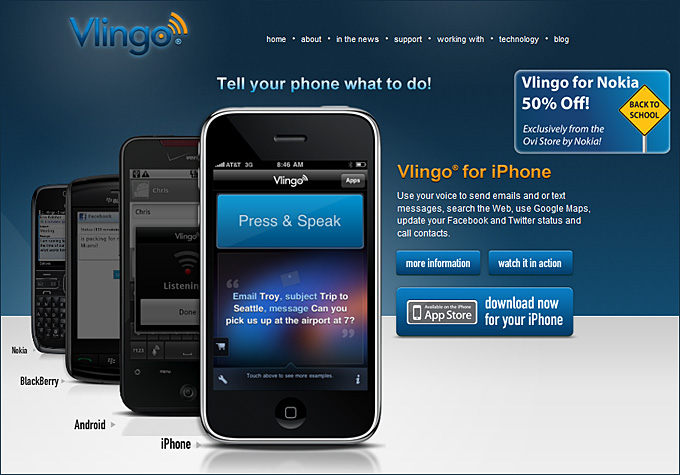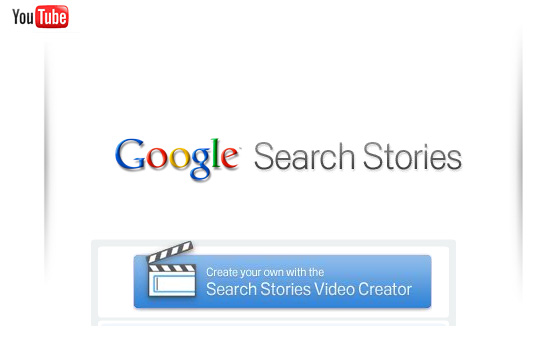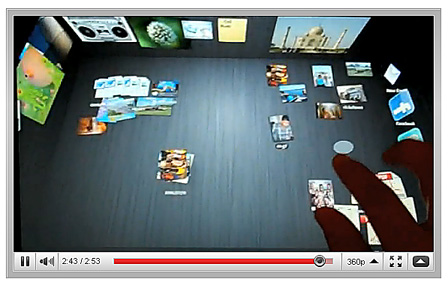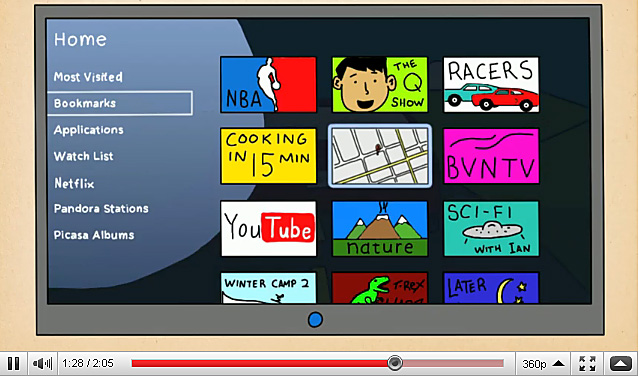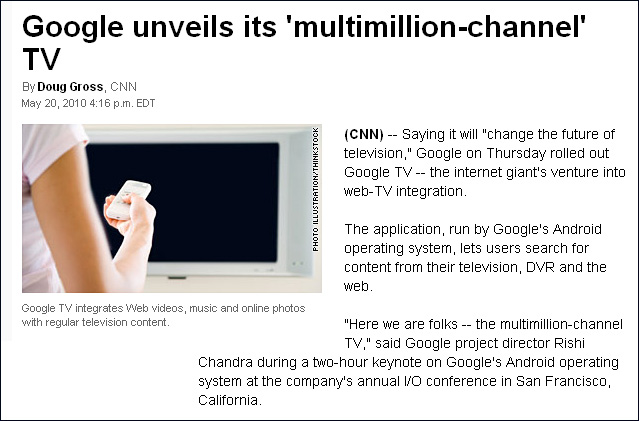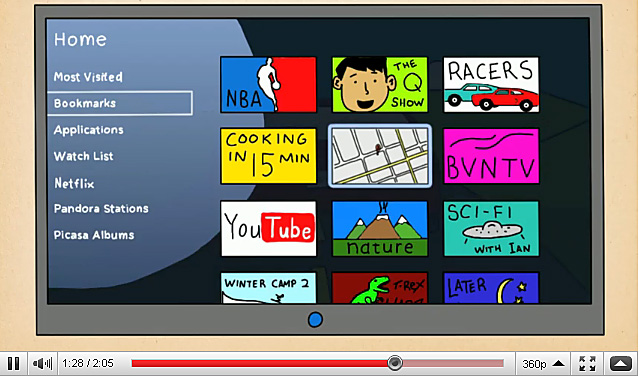From DSC:
Two items I read this morning remind me of the need to be very flexible — as the world is full of change:
- RIP Google Wave
NEW YORK (CNNMoney.com) — Google’s attempt to reinvent e-mail has fizzled. The company said Wednesday it is pulling the plug on Google Wave, a collaborative tool that drew intense attention when it debuted last year. “Wave has not seen the user adoption we would have liked,” Urs Hölzle, Google’s senior vice president of operations, wrote in a post on the company’s blog. “We don’t plan to continue developing Wave as a standalone product, but we will maintain the site at least through the end of the year and extend the technology for use in other Google projects.”
- Apple will be phasing out the ALI website
On September 3, 2010, Apple will be phasing out the ALI website and folks are encouraged to visit iTunes U instead. Apple believes that iTunes U is the best way to meet the growing needs of teachers and students demanding flexible access to world-class curriculum and learning resources.
From DSC:
These two items are in addition to the fairly recent announcement that NING-based groups would be charged for services that were previously free of charge.
As an instructional technologist, these waters are rough. Picking the right vendor and the right product is not easy — but one develops some principles over time. As an example: For best adoption, follow the “KISS principle.” Google Wave floundered because it was too complex — it was understood by the programmers at Google who were joined by a very limited # of folks after that…but the product was not comprehended by the masses.
Furthermore, this move by Google to pull the plug here is troubling for various types of institutions — whether they be in higher ed, K-12, or in the corporate world — as we look towards cloud-based applications to help serve the needs of our organizations. If those apps have a life span of 12-18 months…that’s not going to cut it. We need greater stability than that.
But we may not get it…so how do we respond? We need to be able to change — quickly; and we don’t implement a product without having an escape plan/backup plan in place.
I wonder…will organizations take more of a “wait and see” approach before implementing cloud-based apps? Perhaps.
Further info on iTunes U:
There are over 800 universities with active iTunes U sites. Nearly half of these institutions — including Stanford, Yale, MIT, Oxford, and UC Berkeley — distribute their content publicly on the iTunes Store. In addition, cultural and education institutions such as the Library of Congress, public broadcasting, and state departments of education also contribute to this growing educational content repository which now includes over 325,000 free lectures, audiobooks, lesson plans, and more. iTunes U is the ideal resource for educators who want to gain insight into curriculum being taught world wide, get access to primary resources, and find inspiration for enhancing teaching and learning with technology.
A sampling of the amazing resources available for both K12 and HIED on iTunes U include:
KQED
Arizona IDEAL
Virginia Department of Education
University of South Florida
Virginia Department of Education
Texas A&M
Poynter Institute











